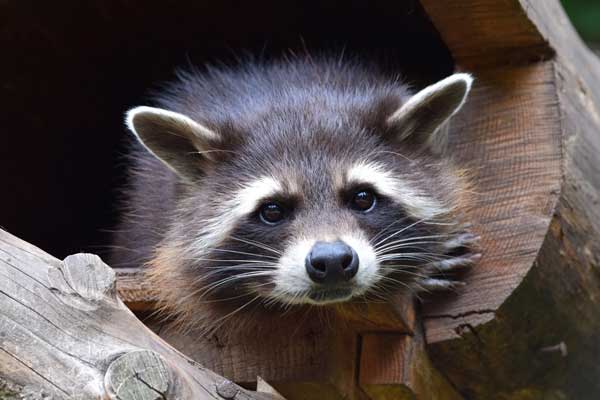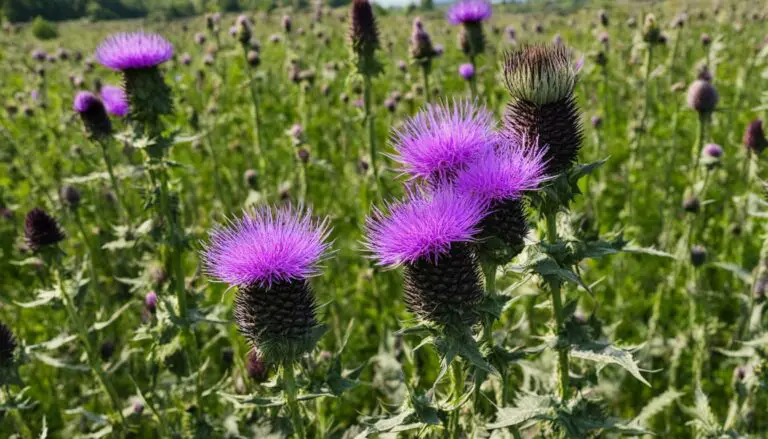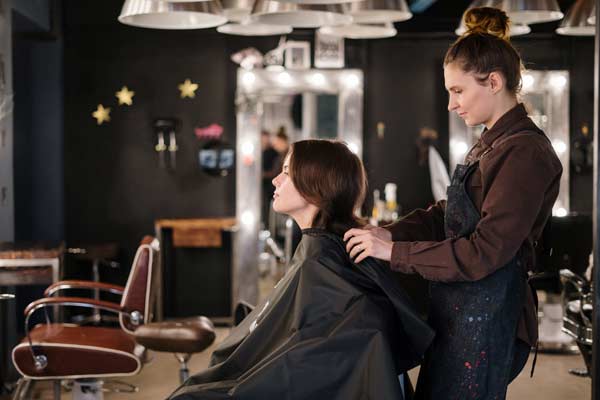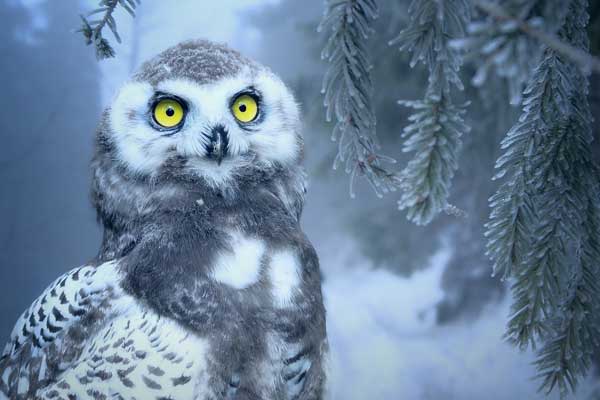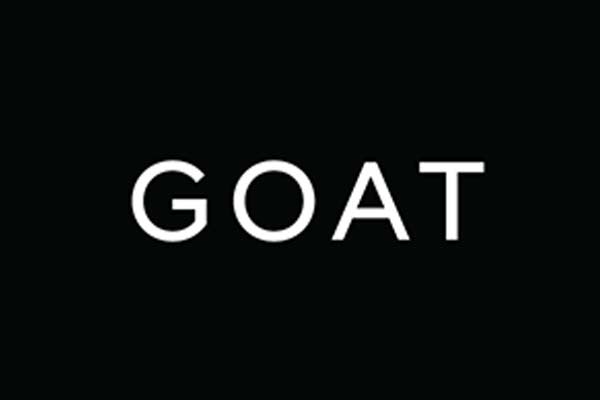Is It Legal to Own a Raccoon in Canada? You Won’t Believe What We Discovered!
Have you ever been tempted by those cute, fuzzy raccoon eyes and considered becoming a raccoon owner?
If you’re reading this article from Canada, we have some bad news: owning a raccoon is illegal in every province and territory.
But there may be better ideas than bringing one of these critters into your home. Let’s look at some of the other considerations.
Is It Legal to Own a Raccoon in Canada
It is illegal to keep native wild animals, such as raccoons, as pets in Canada. Owning a pet raccoon is prohibited by provincial and federal laws due to its risks to public health and safety.
Raccoons can carry diseases such as rabies, distemper, mange, and parasites that can be transferred to humans and other animals.
They can also cause property damage and become aggressive if not properly managed. If you find an orphaned or injured raccoon, it is best to contact your local wildlife rehabilitation center for help.
So if you are considering adopting a pet raccoon in Canada, think again! Save yourself some trouble and find a different pet to love! It’s illegal, unsafe, and not in the best interest of you or the raccoon.
8 Reasons Why You Shouldn’t Keep a Raccoon as a Pet?
High Biting Risk from Raccoons
Raccoons may look cute and cuddly but can get aggressive quickly if they feel threatened or uncomfortable. Even if you can rescue an orphaned baby raccoon and raise it yourself, it remains wild—and that wildness may be expressed through biting. Since raccoons can carry diseases such as rabies, their bites can seriously affect humans.
Health Hazards from Raccoons
In addition to rabies, raccoons can carry other diseases, such as distemper and leptospirosis, which could be transmitted to humans.
This is why it’s important not to touch or handle wild animals; even if they appear healthy on the outside, there could be underlying health issues that we cannot see.
Risk of Injury from Handling Raccoons
While some people may attempt to rescue baby raccoons from difficult situations in the wild, this practice contributes to the unnecessary suffering of the animal because it cannot be released back into its natural environment due to its dependence on humans.
A domesticated animal will never be able to survive in the wild without help, so instead of rescuing these animals and contributing to their suffering, it is best to leave them alone where they belong.
Difficult Veterinary Care for Raccoons
It’s no secret that domesticated animals require regular veterinary care. But if you want to keep your pet raccoon healthy and happy, finding a vet can be a challenge.
Many veterinarians won’t treat wild animals like raccoons because they are considered too challenging.
Even if you do find a vet who will treat your pet raccoon, it could cost more than it would for a domesticated animal like a dog or cat.
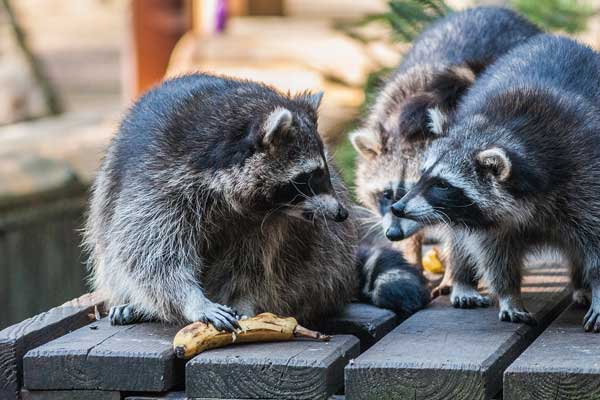
Messy Behavior of Raccoons
Raccoons are not known for their cleanliness or tidiness! Their diet consists mainly of fruits, vegetables, nuts, insects, small animals—and garbage! They can be destructive when bored, often knocking over things for food and making messes everywhere.
If your home needs to be added to lockdown for food storage purposes, think twice about adding a raccoon!
Constant Supervision Needed for Raccoons
Raccoons can be pretty active—but unfortunately, not always in ways conducive to living inside your home. This means they require constant supervision inside—not ideal if you work full-time or have kids around the house!
These critters need plenty of space to explore and play; otherwise, they can become frustrated and destructive.
Disruptive Habits of Raccoons
Not only do raccoons need constant supervision (which can disrupt your daily routine), but they also make lots of noise at night—often enough that it may keep you up!
On top of that, these creatures can carry parasites such as fleas and ticks, which could spread disease throughout your home if left unchecked.
Possible Negative Effects of Domesticating Raccoons
Finally – let’s not forget that owning a pet is a huge responsibility! While some people try (and fail) to domesticate wild animals such as raccoons, doing so has potential consequences beyond just disrupting your own life – namely, harm to other species in their native habitats due to population disruption from poaching or transferring diseases between species when non-native animals are released into the wild.
Where Is It Legal to Own a Raccoon in the USA
Owning a pet raccoon may seem fun and exotic, but ensuring it is legal in your state before making any decisions is crucial. Unfortunately, in most states owning a pet raccoon is illegal.
The only states permitting pet raccoon ownership are Arkansas, Delaware, Michigan, Florida, Indiana, Nebraska, Pennsylvania, Rhode Island, South Carolina, Michigan, Texas, West Virginia, Wisconsin, and Wyoming.
Before bringing a raccoon into your home in any of these states, it is essential to check both state and local laws for any additional regulations about the ownership of pet raccoons.
Conclusion
Despite how tempting it might seem at first glance – owning a pet raccoon isn’t all it’s cracked up to be – especially in Canada, where it’s illegal in every province and territory anyway!
Between finding veterinary care (if possible), dealing with messes and destruction indoors, and providing constant supervision – plus all the other considerations discussed above – bringing one of these critters into your home may not be worth all the hassle!
That being said – there are many ways you can still enjoy interacting with wildlife responsibly – ask any park ranger near you what’s allowed in your area before taking any next steps!

